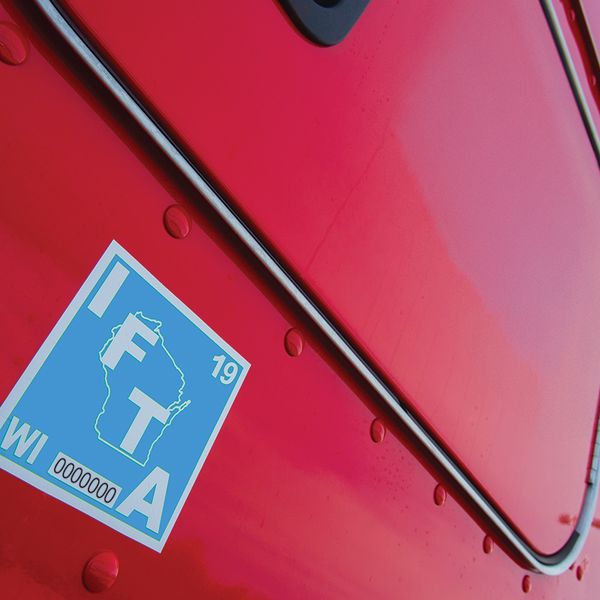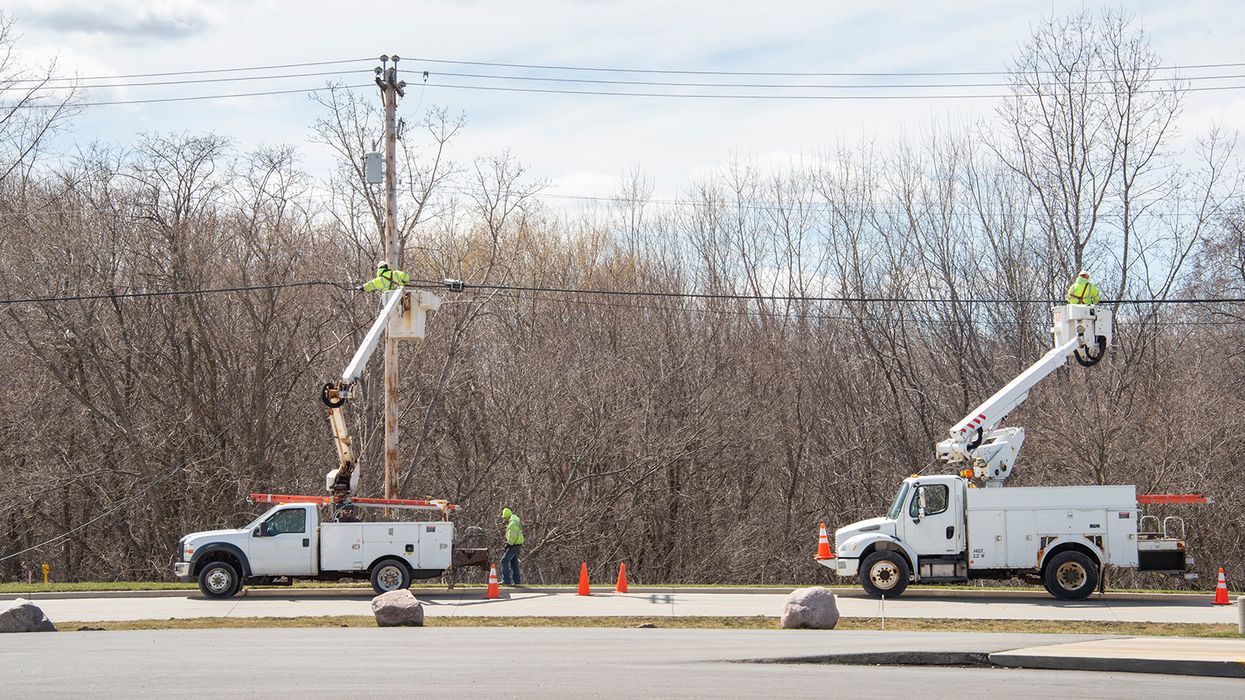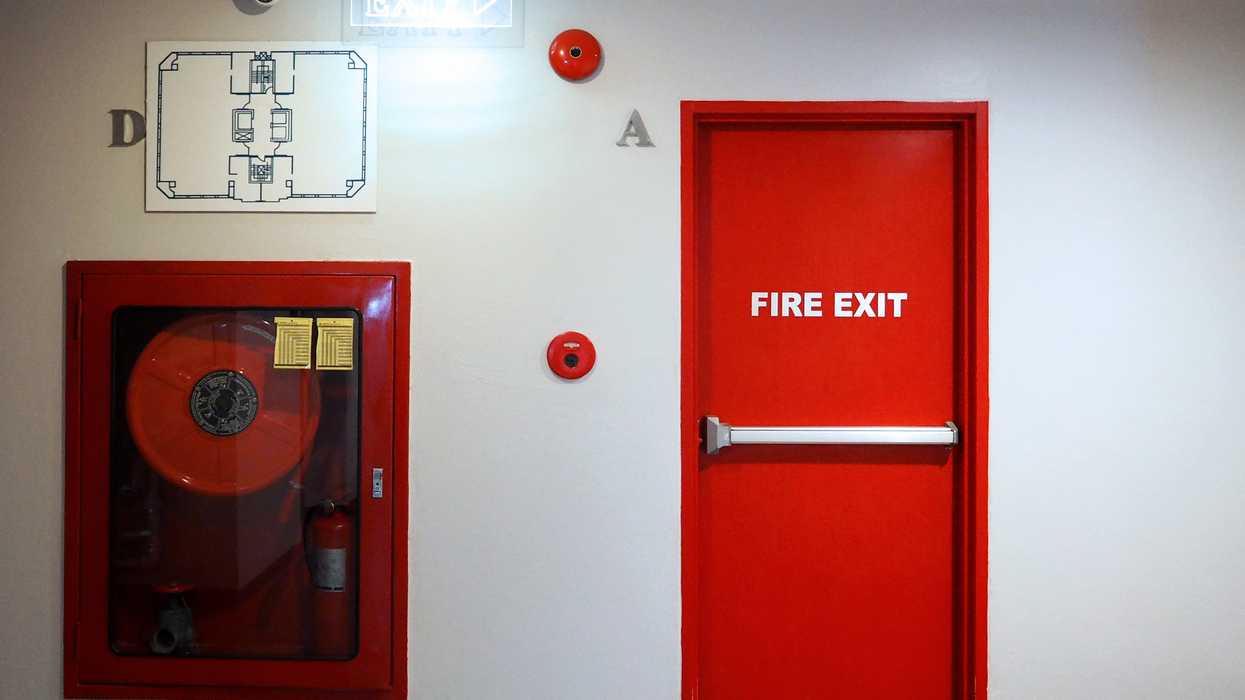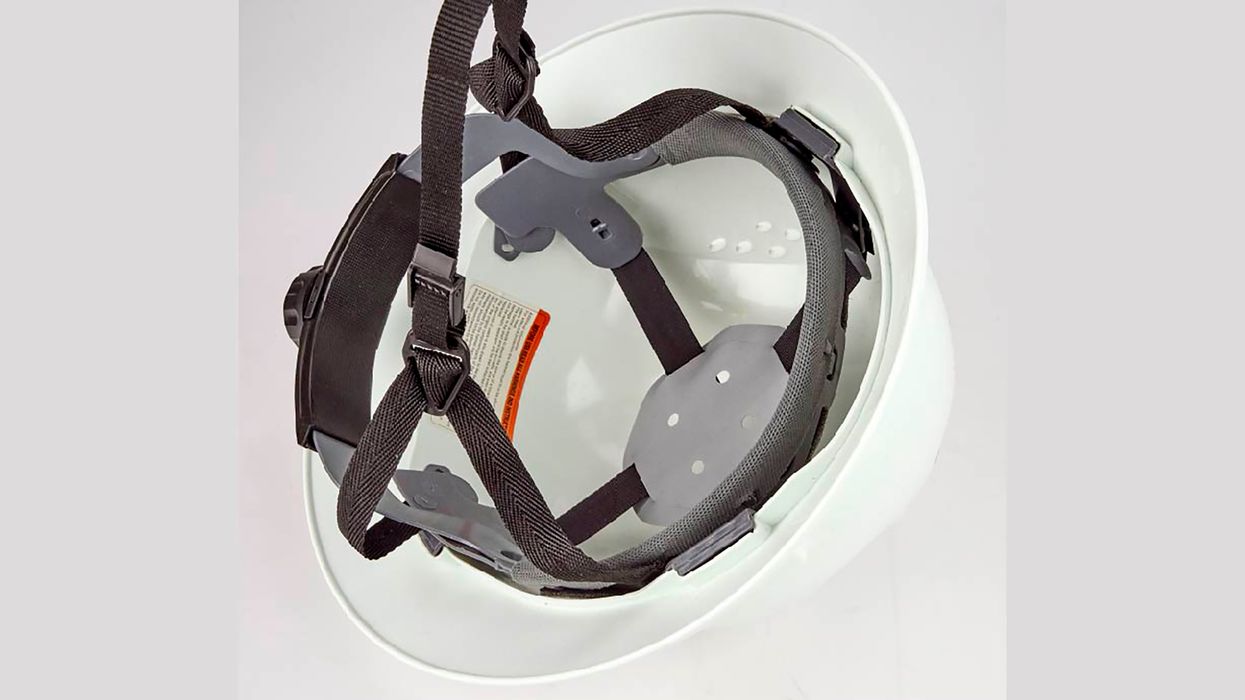Temporary permits or permanent registration: How to decide
Carriers often have vehicles that qualify for registration under both the International Fuel Tax Agreement (IFTA) and the International Registration Plan (IRP). But, if the trucks don’t leave the state, they are not required to register under the programs.
What happens, though, if a vehicle does need to leave the state? Does it become necessary to register under IFTA and IRP? Not necessarily. Trip permits may do the trick — but other factors must be considered.
Know your qualified vehicles
Identifying which vehicles in your fleet qualify for IFTA and IRP registration is the first step to compliance. Qualified vehicles under IFTA and IRP are crossing state or provincial borders and meet any one of these criteria:
- A vehicle that has two axles and a gross weight or registered gross vehicle weight exceeding 26,000 pounds;
- A vehicle or power unit that has three or more axles regardless of its weight; or
- A combination when the weight of such combination exceeds 26,000 pounds gross vehicle weight.
Consider frequency of interstate trips
When deciding between trip permitting and permanent IFTA and IRP credentials, consider how often your qualified vehicles will operate outside of your state. Our general guideline is five interstate trips per year. If you exceed that number of trips out of state, permanent IFTA and IRP credentials are probably the best options.
You can decide
Trip permits are authorized and managed by each individual state and can be obtained through wire services. If travel is required to a state and a vehicle does not have IFTA and IRP credentials, trip and fuel permits are required. Trip permits are valid for a defined period of time or for a single trip.
Permanent IFTA and IRP credentials allow you to freely operate in any IFTA and IRP jurisdiction, but you would be subject to annual renewals and significant recordkeeping.
A carrier almost always has the option to trip permit, but depending on the situation, permanent IFTA and IRP credentials might be a better business decision.
























































